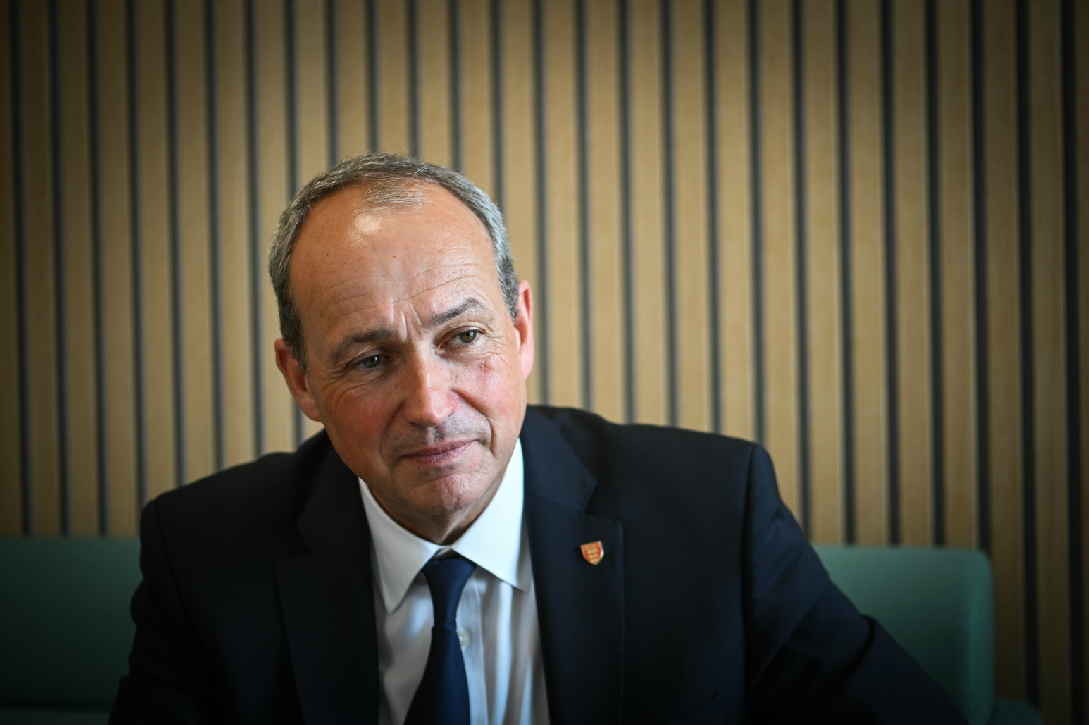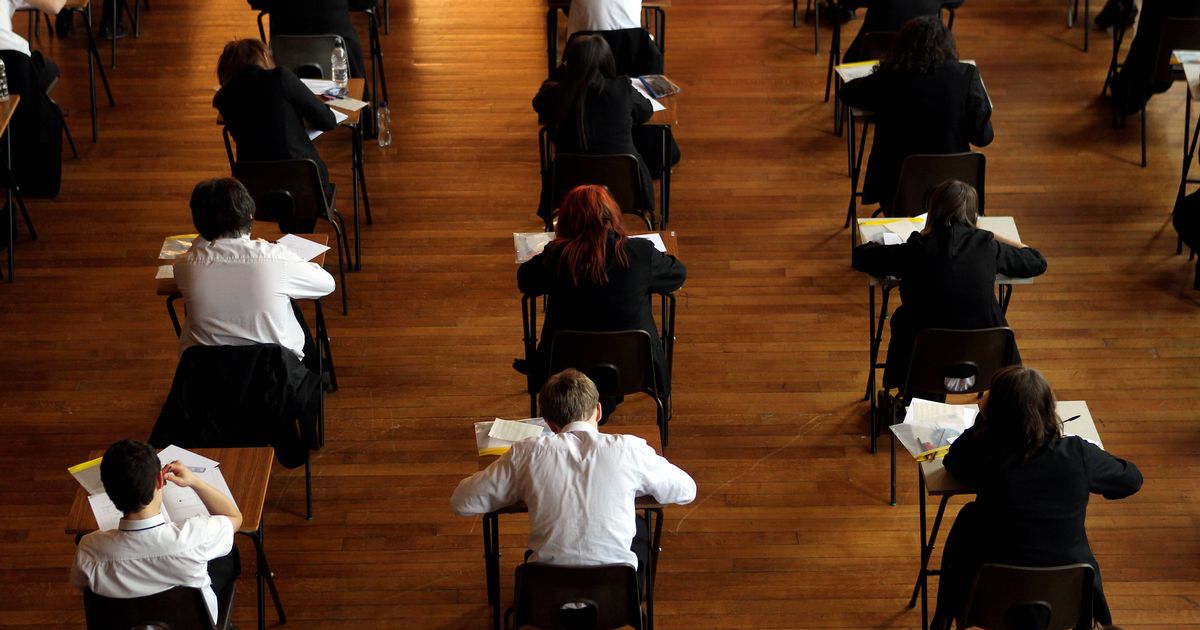By Hannah Esnouf
Copyright jerseyeveningpost

THE number of people on Jersey’s public payroll has fallen for the first time in years – though permanent staff numbers have risen in health and education.
Released today, the latest Public Sector Staffing Statistics report showed that the government employed 9,786 people at the end of June 2025 – almost 300 fewer than a year earlier.
288 reductions were made across departments, including the Cabinet Office, Department for the Economy, Digital Services, People Services, and Treasury and Exchequer.
However, the reduction was largely driven by a decline in zero-hour staff, particularly in Health and Care Jersey.
The overall number of permanent staff, meanwhile, rose from 7,852 to 8,156.
In contrast to the short-term staff decrease, permanent staff numbers in health (229 contracts) sharply jumped, which the report attributed to Public Health employees moving over from the Cabinet Office, and a significant increase (99) in full-time equivalent nurses and midwives.
The report showed significant growth in Children, Young People, Education and Skills (CYPES) due to an increase of teaching assistants and catering staff.
There were 66 unfilled vacancies in June, giving the public sector a vacancy rate of just 0.8%. Over half of those (38) were in CYPES, including 14 full-time social work positions.
The overall turnover rate stood at 7.2%, pushed up by higher churn in the Cabinet Office (17.9%) and Economy Department (14.4%).
It comes after Chief Minister Lyndon Farnham last August announced a public sector recruitment freeze aimed at non-essential, non-frontline, and senior civil service posts earning £66,000 and above.
At the time, it was scheduled to last for at least nine months but in April this year, the freeze was extended to include civil servants earning £53,500 and above, until at least March 2026.
It did not apply to any clinical, teaching or social worker roles.
When it emerged in May that the public sector had grown by almost 5% between 2023 and 2024 compared to a growth of just 0.2% across the private sector, Assistant Minister Malcolm Ferey, who is Vice Chair of the States Employment Board, emphasised that the government was “now controlling and curbing public sector employment growth, especially in central departments”.
Welcoming the latest figures today, Deputy Farnham said his administration had “strengthened frontline services” by recruiting more people into permanent roles, particularly in health and education.
“This has enabled us to reduce the overall size of the public sector,” the Chief Minister added, “ensuring government works more effectively, and that resources remain focused on the services Islanders rely on most.”



